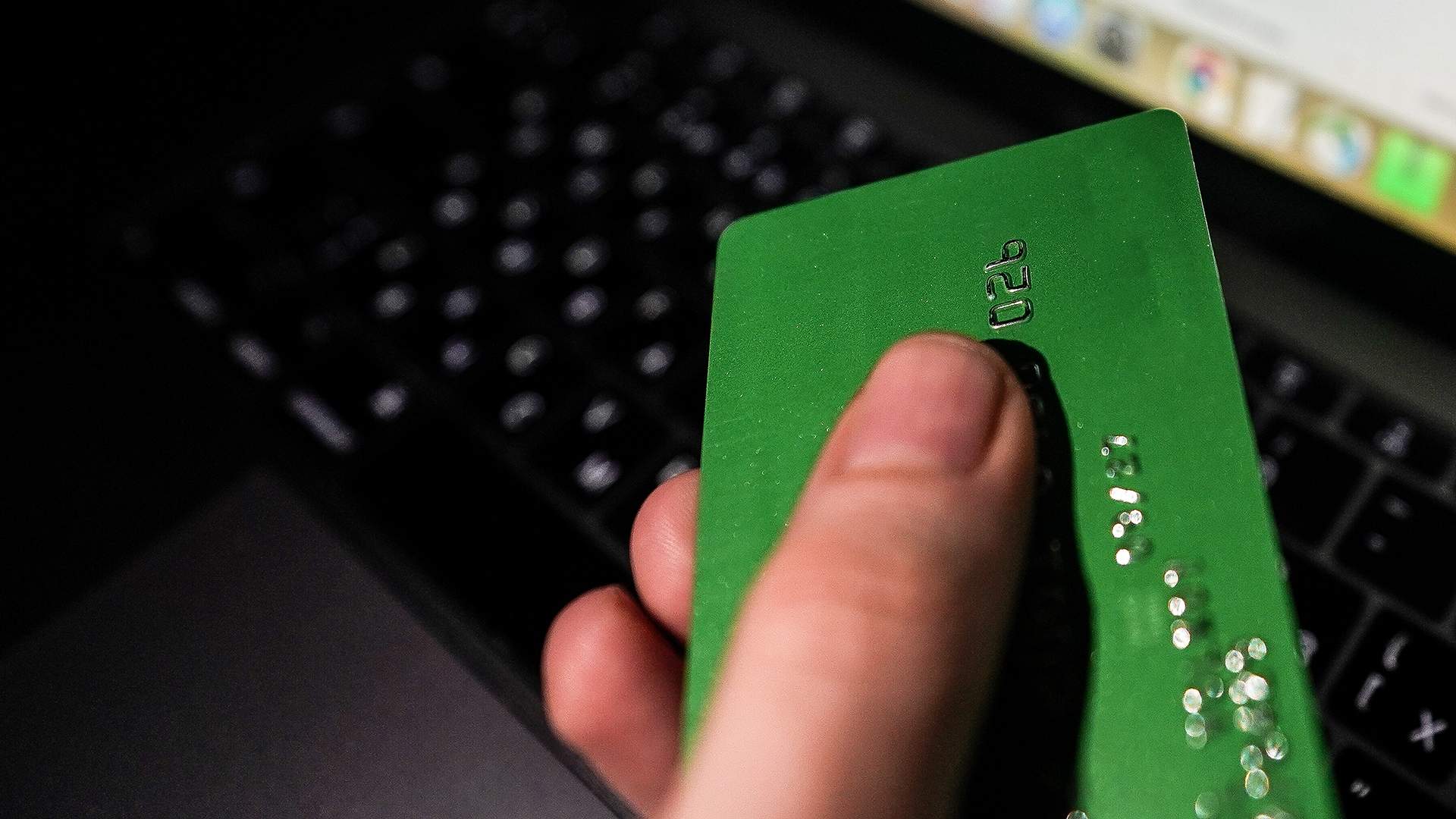Criminal translation: what punishment does droppers face under the new law

On June 18, 2025, the Federation Council approved a law criminalizing the transfer of access to bank cards and electronic wallets to fraudsters. Now, for complicity in the fraudulent chain, droppers face up to three years in prison, and for the organizers of such schemes — up to six years and a fine of up to one million rubles. The Interior Ministry estimates that several million people may be affected by the new regulations. Read more about how the new law will work in the Izvestia article.
Why is it a crime to be a dropper?
Droppers are intermediaries who give fraudsters access to their bank cards, electronic wallets, or other means of payment. They usually do this for a reward or under psychological pressure, rarely realizing the severity of the consequences. This scheme allows criminals to cash out and legalize stolen money, hiding their tracks and making it difficult to investigate financial crimes.
Until the recent adoption of the new law, the actions of droppers were regarded as fraud (Article 159 of the Criminal Code), illegal circulation of funds of payments (Article 187 of the Criminal Code), or as money laundering (Article 174 of the Criminal Code). However, it was difficult to prove the intent and involvement of the dropper, which allowed many accomplices to avoid punishment.
According to the Ministry of Internal Affairs, in the first months of 2025, more than 308 thousand crimes were registered with damage exceeding 81 billion rubles related to thefts from bank accounts and electronic wallets. This necessitated stricter legislation and the introduction of direct criminal liability for droppers.
Up to two million Russians may fall under the new law, Danil Filippov, deputy head of the investigative department of the Russian Interior Ministry, said in an interview at SPIEF 2025 on June 19.
"As soon as the law comes into force, 2 million potential criminals — we will come to them accordingly. Therefore, there is time to abandon this criminal activity, close these accounts, stop using and transferring accounts," Filippov said.
The representative of the department noted that, thanks to close cooperation with the Central Bank, law enforcement agencies already have a list of 30,000 droppers. According to him, after the law comes into force, the Interior Ministry will promptly respond to violations and take appropriate measures.
What punishment do droppers face under the new law?
Prior to the adoption of the new law in July 2024, important measures had already been taken in Russia to combat fraud related to the transfer of access to bank accounts. In particular, in July 2024, amendments to Federal Law No. 161-FZ "On the National Payment System" came into force, which significantly complicated the lives of fraudsters and droppers. According to these changes, banks have the right to block suspicious money transfers for up to two days if they are sent to an account or device included in a special database of the Central Bank of Russia.
However, these measures proved insufficient to effectively curb the criminal activities of fraudsters. In this regard, the Ministry of Internal Affairs has developed a bill on the introduction of criminal liability for droppers, which was submitted to the government in the fall of 2024.
On June 17, 2025, the State Duma in the second and third readings approved a law that amended Article 187 of the Criminal Code of the Russian Federation — "Illegal circulation of funds of payments." On June 18, the document was approved by the Federation Council. The new law introduces direct criminal liability for the transfer of electronic means of payment to third parties for the purpose of committing illegal acts.
According to the new rules, if a person transfers access to his bank account or card to another person for selfish reasons or performs operations on his instructions, he faces a fine of 100 to 300 thousand rubles, correctional labor for up to two years or imprisonment for up to three years. If access is transferred not by the account holder, but by another person, the punishment is increased: the fine can reach one million rubles, and the prison term can increase to six years.
Why do we need a dropper law?
The main purpose of the adoption of the law was to strengthen the fight against cyberbullying and increase the protection of citizens' financial interests. Previously, droppers actually went unpunished, which allowed scammers to freely use their accounts to cash out stolen funds. The new law is designed to close this loophole and increase the responsibility of all participants in criminal schemes.
"Such a decision will limit criminals in their ability to cash out the stolen money. This will make it possible to more effectively protect citizens and their funds," said Vyacheslav Volodin, Chairman of the State Duma.
In addition, the law provides for the possibility of exemption from criminal liability for first-time offenders if they actively contribute to the investigation and voluntarily report other fraudulent schemes. It is assumed that the laxative rule will encourage droppers to cooperate with law enforcement agencies, which will help identify all participants in the criminal chain faster.
How not to become a victim of a fraudulent scheme
In order not to become an accomplice to a criminal scheme, experts advise following simple but important rules. First of all, you should not transfer bank cards, passwords, and access codes to third parties, even if they are relatives or acquaintances. Offers to make quick money through the transfer of access to accounts often turn out to be deception and involvement in criminal schemes.
Special attention should be paid to suspicious calls and messages requesting money transfers or access to financial accounts. In case of any doubt, you should immediately contact the bank and law enforcement agencies. The Interior Ministry and banks carry out preventive measures and inspections to identify potential droppers and warn them of the consequences.
Переведено сервисом «Яндекс Переводчик»


